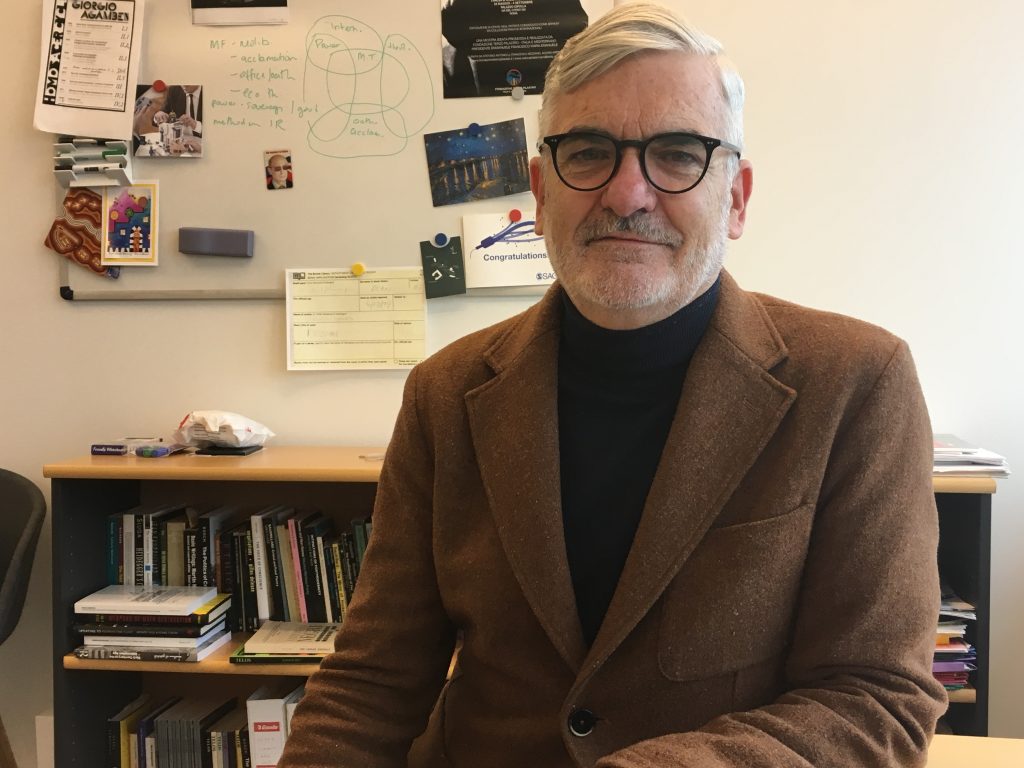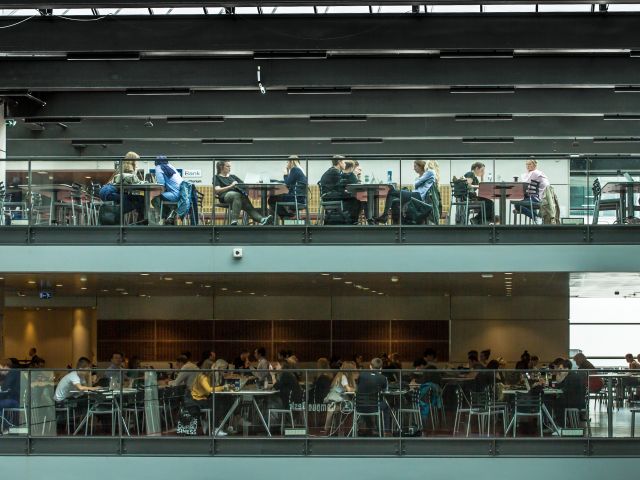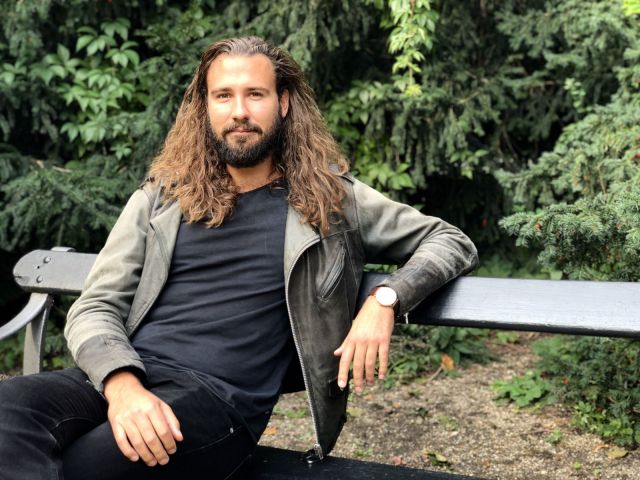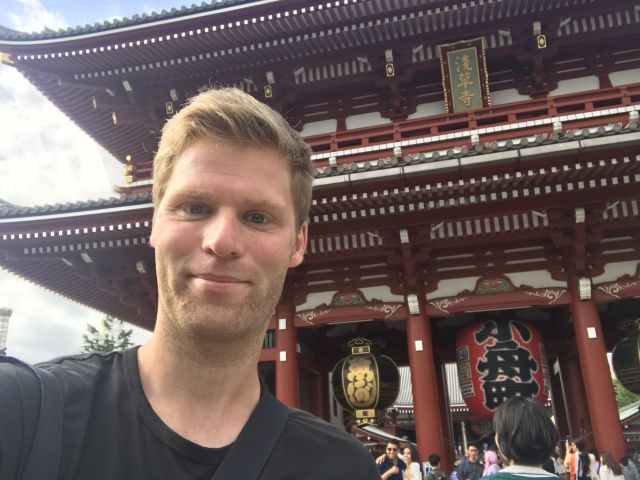Capitalism, the economy, and our organizations and businesses, will change as they have in the past

The question is not whether capitalism, the economy, and our organizations and businesses, will change. We know they will as they have in the past. The question is how they will change and whether and to what extent we can guide that change," writes Mitchell Dean, Head of Department in a response to an opinion piece critical of new courses. (Photo: Anne M. Lykkegaard)
While we would like to think of Copenhagen Business School as unique (and it is), there is nothing especially radical about ‘reimagining capitalism’ in our present times. We find the World Economic Forum talking about The Great Reset and the Financial Times offering opinions on transforming the financial system, writes Mitchell Dean, Head of Department, CBS, in a response to an opinion piece critical of new courses.
Comment | 03. Jun 2021
In recent weeks two opinion pieces have appeared asking whether CBS should have courses such as Advanced Elective minor, Transforming Business and Organizations to Build Sustainable and Democratic Economies. As the Head of Department that the academic staff members who teach on this course come from, I have to say I think the answer should be obvious.
At my Department of Management, Politics and Philosophy I am proud to represent a rich and diverse group of academic staff that crosses different disciplines and perspectives in law, the humanities and social sciences. Our staff do not agree with each other on everything; dissent is the essence of an academic community. But all believe in critical scientific and scholarly endeavour built on the fundamental principle of academic freedom in both our research and in our education. Academic freedom does not mean ‘anything goes’, far from it. Academic staff are expected to publish in high quality, international, double-blind, peer-reviewed, journals in order to demonstrate that they are at the forefront of knowledge in their fields.
Of course, it is also important that academic freedom is closely monitored and subject to quality controls in relation to education. And again CBS is far from some kind of ‘anything goes’ place! Under it’s ‘matrix system’, CBS achieves this through our Study Boards which include not only our most eminent researchers but also students. These Study Boards have rigorous processes to review and approve courses and to ensure, particularly in the case of electives, that there is sufficient student demand for them. There are student ‘quality boards’ connected to the programs and mandatory student evaluations of course content and teaching. We welcome student feedback and work to involve students in our processes. Thus, in our teaching, academic freedom meets a quality process and a student demand and evaluation process.
Similarly, the process of examination involves internal moderation to ensure consistency within and between courses and the system of outside censors from business and the community, especially for final projects and grades. There is thus a system of checks and balances that ensure that students not only have the right to their own views, properly argued and supported of course, but are encouraged to pursue them. Both the Department and the Study Boards would soon become aware if this was not the case in any course or module, and they would and do intervene if it happened.
As for the theme of this minor, should CBS ask questions about different ways of doing business, of forms of organization and the economy, of levels of social and economic inequality in our society, of sustainability and what is widely called the Green Transition, or of increasing democracy? Should it even dare to ask questions of how capitalism and the economy will change? To these, CBS has provided its own answer in its new strategy. It states that CBS’s vision is to ‘leverage global intellectual leadership to transform society and business by tackling challenges with curiosity, creative new ideas and collaborative engagement’.
The academic staff who developed the new minor must have read CBS’s strategy very carefully and sought to fulfil this vision. The minor is very closely aligned with the strategic direction our university has set under Senior Management and that has been approved by CBS Board, which includes some of the country’s most esteemed business leaders. While we would like to think of CBS as unique (and it is), there is nothing especially radical about ‘reimagining capitalism’ in our present times. We find the World Economic Forum talking about The Great Reset or the Financial Times offering opinions on transforming the financial system. Indeed, Harvard Business School, hardly the bastion of Leninist revolutionary theory, offers a course with that title.
The question is not whether capitalism, the economy, and our organizations and businesses, will change. We know they will as they have in the past. The question is how they will change and whether and to what extent we can guide that change. That is a highly legitimate scientific question with huge policy relevance. Political candidates and politicians have every right to ask questions of our publicly funded universities, but of course they have their own agendas. At CBS, our agenda is to provide the highest quality research-based teaching with a high degree of societal relevance and impact. This minor would appear to be one small but valuable piece in realizing our goals and our strategy.




































































































































Comments